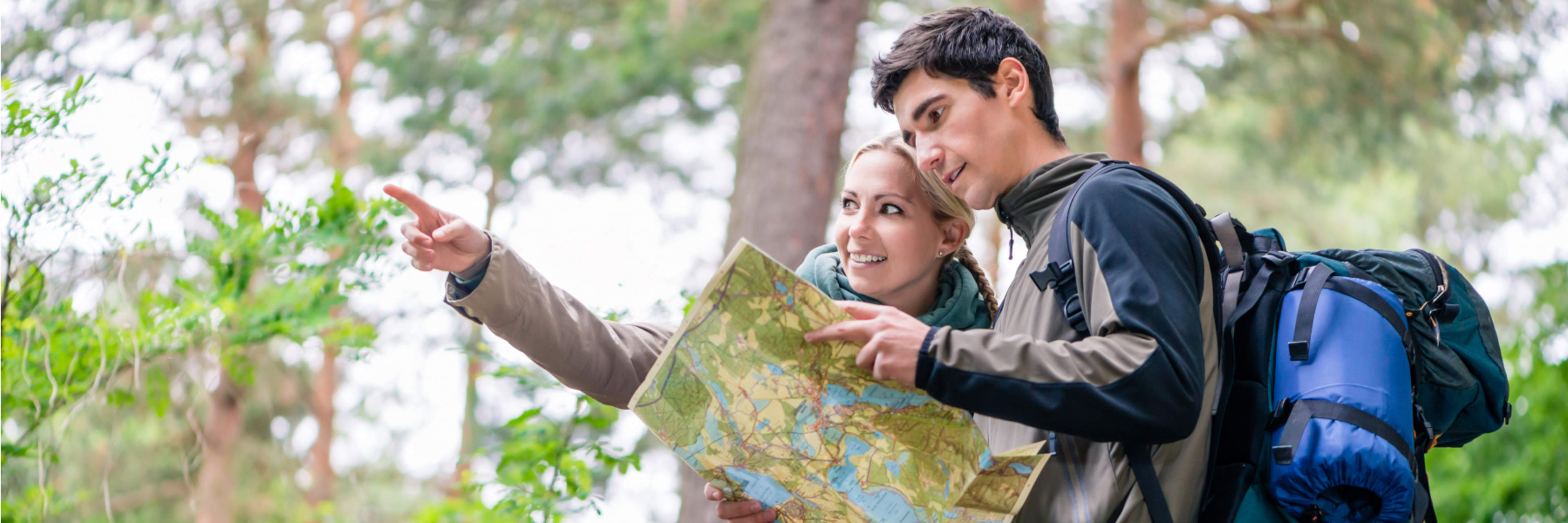Alcohol inhibits the liver’s ability to release glucose into the blood. That is why using alcohol without eating at the same time may lead to too low blood sugar levels, if you use insulin or other diabetes medication.
When a person is under the influence of alcohol, the ability to recover from low blood sugar or shock is reduced and hypoglycaemia can continue for a long time, because the liver is not able to release glucose. Glucagon, that is normally used to correct low blood sugar in an emergency, does not correct the blood sugar because its function is based on the release of sugar from the liver. The risk of excessive drop in blood sugar increases already in a mild state of intoxication. Deaths resulting from shock are rare but, when they occur, alcohol consumption is often involved.

